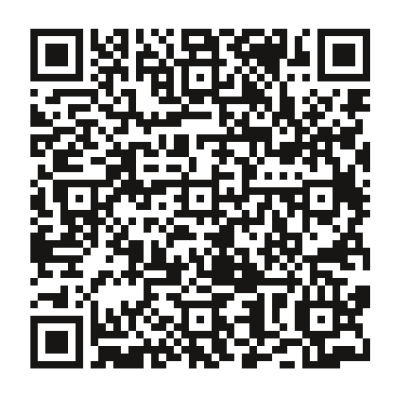NSFW Apps Are Not Appropriate for Kids and Teens so Leslie Meredith discusses how to shield your kids from NSFW apps.
By Leslie Meredith, TechNewsDaily
If online posts are tagged NSFW — not safe for work — they’re probably not appropriate for your kids. Over the weekend, Twitter’s popular new video-making app Vine became stocked with porn because it was NSFW.
Twitter has apologized for the pornographic clip that was included Monday as an editor’s pick on the app’s homepage stream and has removed the X-rated clip. But a whole lot of porn appears under a slew of hashtags, including #NSFW, #sex, #porn and other, um, more specific tags.
Chances are the videos will make the round of school lunchrooms before Twitter can clean up the service. But at Twitter and its video service Vine that means adding a warning to say a post may contain possibly sensitive material. Twitter does not prohibit pornography as long as it’s not used as a profile photo, a header image, a background image or violates U.S. law such as photos that involve children.
“Parents just don’t have the opportunity to react. These things can happen in the blink of an eye,” Joel Holl, CEO of MMGuardian, a mobile monitoring app for parents, told TechNewsDaily.
Parents and teachers have been caught by surprise with the proliferation of both smartphones and apps. More than 30 percent of American teens now own a smartphone, and that figure will reach 100 percent by 2016, according to Pew Research.
“An app goes viral and all the kids are talking about it, but parents may not even know it exists,” he said. “Parents need some way of screening apps before kids use them.”
Tips for parents
You simply can’t control everything that your kids do on their smartphones, but a few simple steps will greatly reduce the risk.
- If an app is based on sharing video, it can be a magnet for porn . Apps that let kids send photos or videos that then “disappear” in a few seconds add to the risky nature of an app. The worst are those that connect kids with strangers for video chat.
- Before downloading, read user reviews. You may get a heads up about questionable material.
- Check the app’s rating. Apple has a no-porn policy and assigns age ratings to each app. Google Play makes ratings optional and leaves their assignment up to app developers. However, the problems may stem from users, not the apps, so don’t rely on either Apple or Google ratings in the same way as you do with video game and movie ratings.
- Test the app yourself first to monitor other users’ posts and interactions. If it’s a social sharing app, search for hashtags (keywords) that signal inappropriate material — if your search results turn up NSFW material, you can bet it’s not safe for school, either.
Download the MMGuardian App Today.





